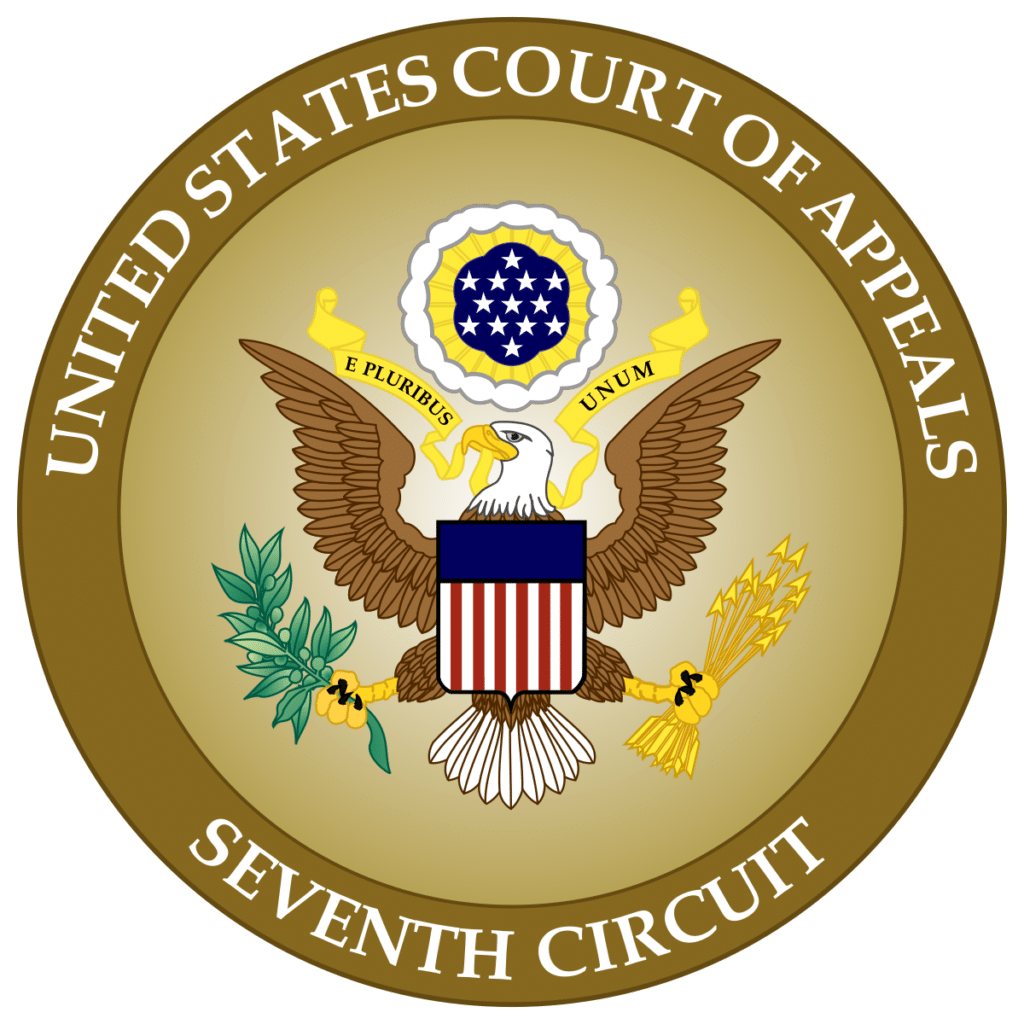Indiana Supreme Court

Unlike some less populous states, Indiana has an intermediate appellate court, the Court of Appeals of Indiana, and it also has the Indiana Supreme Court. Article 1, Section 6, of the Indiana Constitution provides the right to one appeal, which is to the Court of Appeals. There is no constitutional right of transfer to the Indiana Supreme Court. Regardless, the Indiana Supreme Court grants petitions to transfer from both “Memorandum Decisions” and “For Publication” decisions issued by the Court of Appeals.
That said, the Indiana Supreme Court does have mandatory and exclusive jurisdiction over four (4) types of cases: (1) criminal appeals in which a sentence of death or life imprisonment without parole and post-conviction relief cases in which the sentence was death; (2) appeals of final judgments declaring a state or federal statute unconstitutional in whole or in part; (3) appeals involving waiver of parental consent to abortion; and (4) appeals involving mandate of funds.
Thus, unless your case falls in one of these four (4) categories, your case can only be heard by the Indiana Supreme Court if it accepts discretionary transfer. This means that you did not prevail on your case in the Court of Appeals and you seek transfer to the Indiana Supreme Court alleging the Court of Appeals of Indiana erred. Discretionary transfer means the Indiana Supreme Court does not have to grant transfer unless three (3) of its five (5) Justices vote to grant transfer.
Seeking transfer is similar to the briefing process followed in the Court of Appeals. Assuming a non-prevailing party did not seek rehearing in the Court of Appeals of Indiana, a party seeking transfer has forty-five (45) days to research, write and e-file his/her/its Petition to Transfer with the Indiana Supreme Court and pay the $125 filing fee. On transfer, every word counts as the Petition to Transfer can only be ten (10) pages or 4,200 words in length, whichever is longer. The party who prevailed in the Court of Appeals may file a Brief in Response to a Petition Seeking Transfer that may also be ten (10) pages or 4,200 words in length, whichever is longer; this must be filed within twenty (20) days after the Petition to Transfer is served. As with appeals taken the Court of Appeals of Indiana, the party seeking transfer can file a Reply Brief to a Brief in Response to a Petition Seeking Transfer, which may be three (3) pages long or 1,000 words in length, whichever is longer.
Indiana Supreme Court Opinion.
Indiana Supreme Court Oral Argument.
From this point, the five (5) Justices comprising the bench of the Indiana Supreme Court review the briefs, conference together, and vote on whether to grant transfer. If transfer is granted, it vacates the decision of the Court of Appeals of Indiana until it decides the matter. Traditionally, once the Court granted transfer it would have an oral argument in most of its cases and then issue a written opinion. In a small minority of cases, it would merely issue a written opinion. However, in the last several years, there are many new members to the Indiana Supreme Court and a slight change in the way it handles transfer.
Specifically, the Indiana Supreme Court may grant transfer, hear oral arguments, and then decide the transfer was improvidently granted and vacate the grant of transfer and reinstate the Court of Appeals of Indiana’s decision. However, it still has traditional oral arguments and decides cases. Although exceedingly rare, the Indiana Supreme Court can decide a case, issue a written decision and then grant rehearing. In any event after transfer and decision, the case is ultimately certified back to the trial court to conduct any necessary proceedings consistent with the Indiana Supreme Court’s Published Decision.
Dixon & Moseley, P.C. advocates focus a substantial amount of their professional time on civil and criminal appeals to the Court of Appeals of Indiana and Indiana Supreme Court and have handled civil and criminal matters in both cases. If your case is heading toward appeal, perhaps Dixon & Moseley, P.C. attorneys can be your appellate advocates.



Proven & experienced attorneys successfully advocating & resolving complex cases for over 25 years
[wpbr_collection id=”154″]
Please fill out the form below and we will be in touch with you shortly.

Call Now



Copyright © 2025 Dixon & Moseley, P.C., Attorneys at Law. All rights reserved. This Site does not provide legal advice; please review the disclaimer for other limitations. Privacy Policy
Based in Indianapolis and founded in 1995, Dixon & Moseley, P.C. is a niche law firm focused on successfully dealing with the complexities of divorce, high-conflict child custody and family law. Known for their ability to solve extremely complex situations with high quality work and responsiveness, Dixon & Moseley, P.C. will guide you every step of the way. The family law attorneys at Dixon & Moseley, P.C. will help you precisely identify your objectives and the means to reach your desired result. Life is uncertain. Be certain of your counsel. Indianapolis Divorce Attorneys, Dixon & Moseley, P.C.
Indianapolis Divorce Attorneys, Dixon & Moseley, P.C. of Indianapolis, Indiana, offers legal services for Indianapolis, Zionsville, Noblesville, Carmel, Avon, Anderson, Danville, Greenwood, Brownsburg, Geist, Fortville, McCordsville, Muncie, Greenfield, Westfield, Fort Wayne, Fishers, Bloomington, Lafayette, Marion County, Hamilton County, Hendricks County, Allen County, Delaware County, Morgan County, Hendricks County, Boone County, Vigo County, Johnson County, Hancock County, and Tippecanoe County, Indiana.